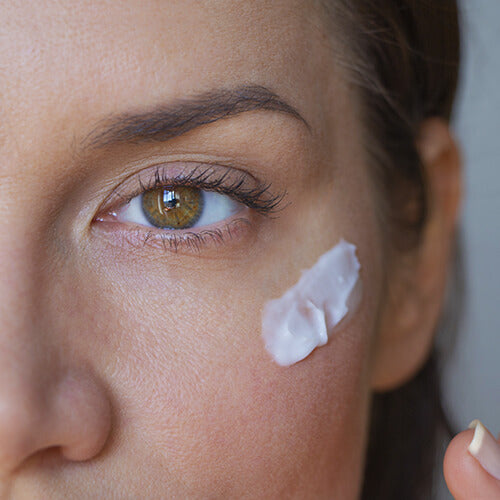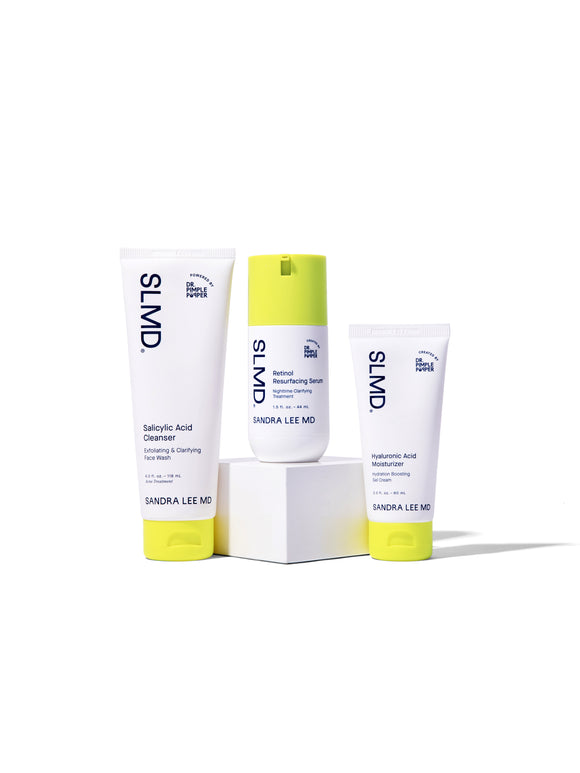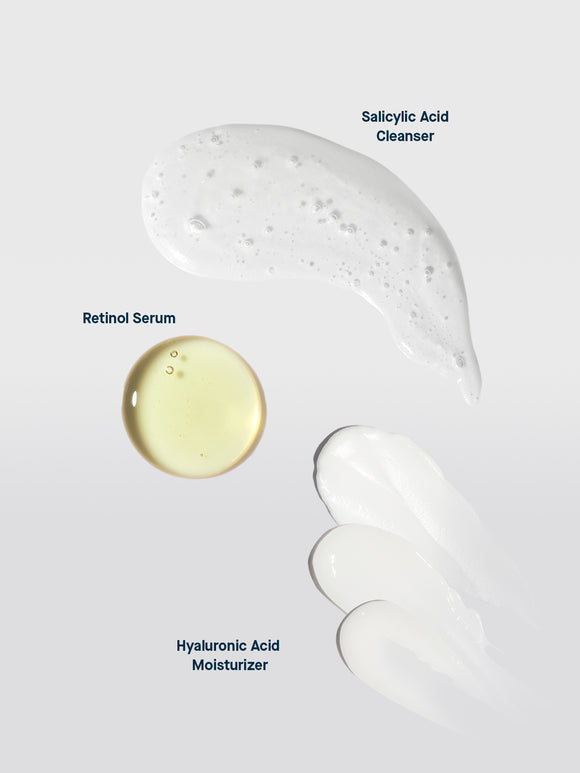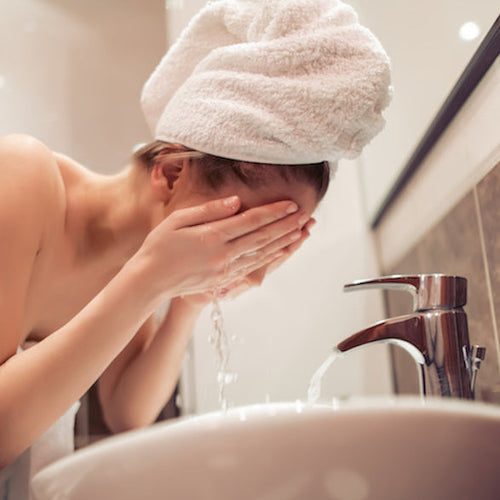
Should You Only Use Retinol at Night? Why It Matters
Dr. Pimple Popper settles the debate about the best time to apply this skincare powerhouse.
Published:
3 minute read
Retinol is widely regarded as a skincare powerhouse, known for its ability to treat acne, smooth wrinkles, and promote healthy cell turnover. But should you only use it (and other retinoids) at night? Dr. Sandra Lee, aka Dr. Pimple Popper, explains why nighttime is the best time for retinoids and what happens when you use them during the day. Here’s how you can maximize their benefits without compromising results.
Article Quick Links
What happens to your skin at night?
We’ve delved into this topic before, but it’s worth reviewing in light of how retinoids work. At night, your skin enters "repair mode." During sleep, the body’s circadian rhythm kicks in, triggering several processes that help restore and rejuvenate the skin:
- Increased barrier permeability: Your skin’s outer layer becomes more receptive to active ingredients.
- Cell regeneration: Skin cells divide and regenerate more rapidly.
- Damage repair: Your body starts repairing damage caused by UV exposure and environmental factors.
- Accelerated wound healing: At night, the skin works harder to heal micro-injuries, making it a prime time for retinoid application.
Why retinoids work better at night
Retinoids, derived from vitamin A, are powerful compounds that help increase skin cell turnover and boost collagen production. These actions are key to improving skin texture, reducing acne, and minimizing signs of aging. Here’s why nighttime is the optimal time to apply ingredients like retinol:
- Aligns with your skin's natural repair cycle: Since skin regeneration peaks at night, applying retinoids during this time allows them to work in tandem with your body’s natural processes.
- Avoids interference with other products: Using retinoids alongside other actives, like AHAs, vitamin C, and benzoyl peroxide, during the day can result in irritation. Nighttime use avoids these conflicts.
- Prevents UV breakdown: Retinoids are sensitive to sunlight and can lose their potency when exposed to UV rays. Applying them at night ensures they remain stable and effective.
Dr. Pimple Popper's Top Retinol Recs
The sun sensitivity debate: can you use retinoids during the day?
There’s ongoing debate about whether retinol and other retinoids make your skin more sensitive to the sun. Here’s a breakdown of the differing opinions:
- The "Avoid Sun" approach: Retinoids can thin the outermost layer of skin, making it more prone to sunburn. This is especially true during the initial weeks of use, when your skin may be adjusting.
- The "Sun Is Fine" argument: Some experts believe that skin sensitivity caused by retinoids lessens over time, meaning your skin won’t remain more vulnerable to sun damage forever.
Dr. Lee’s stance? “While retinoids may not always cause sun sensitivity, it’s still best to apply them at night. During the day, your skin is in defense mode, protecting itself from UV rays and pollutants. Retinoids are most effective when your skin is in repair mode — and that happens at night.”
Try: SLMD Retinol Resurfacing Serum
FAQ: Retinoids and nighttime use
Q: Can I use retinoids every night?
A: You can, but many people begin by applying retinol every other night to avoid potential irritation. Start slowly and work your way up.
Q: Can I combine retinol with AHAs at night?
A: It's best to alternate nights when using strong exfoliants like AHAs and retinoids to prevent irritation and ensure both products work effectively.
Q: Do retinoids cause sun sensitivity?
A: Retinoids can make your skin more sensitive in general, especially during the first few weeks of use. Always wear SPF during the day to protect your skin.
Q: Should I stop using retinoids in the summer?
A: No need to stop — just make sure you apply them at night and use a broad-spectrum sunscreen during the day.

Dr. Lee's Last Word
Retinoids are a must-have in any skincare routine, but using them at night is crucial to getting the best results. Not only do they work in harmony with your skin’s natural processes, but nighttime use also avoids unnecessary UV degradation. So be consistent, apply at night, and always pair with sunscreen during the day!





















